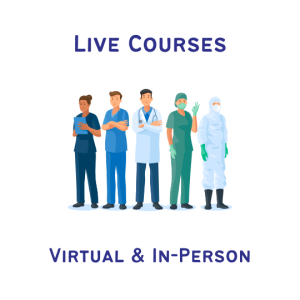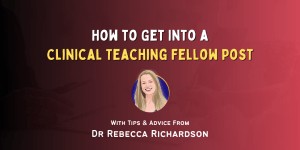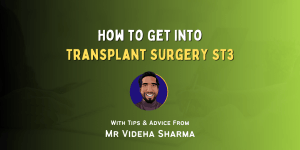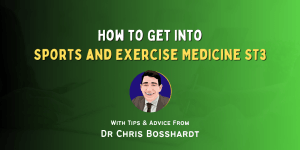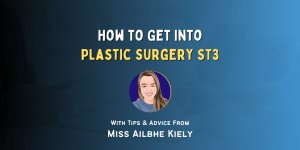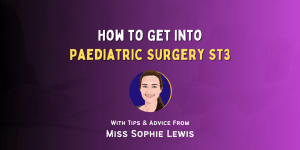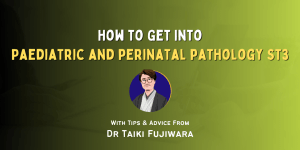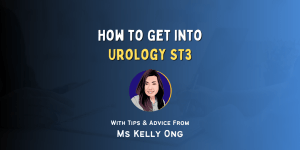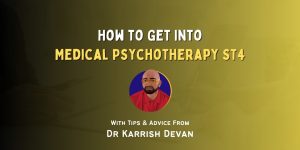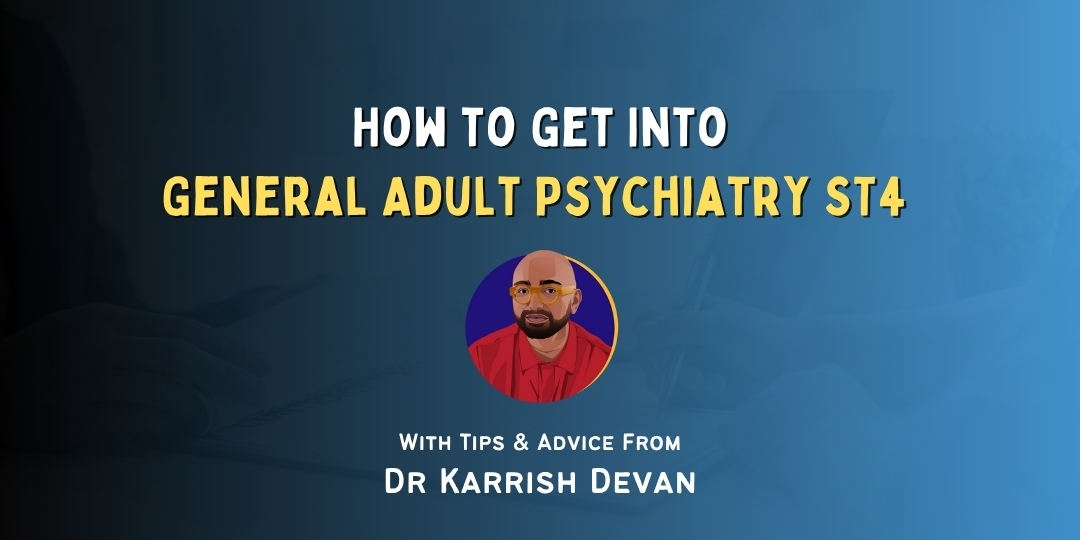
Published October 24, 2025 | Updated October 24, 2025
By MedCourse
Useful, relevant, and interesting content for UK Junior Doctors.
About the Author
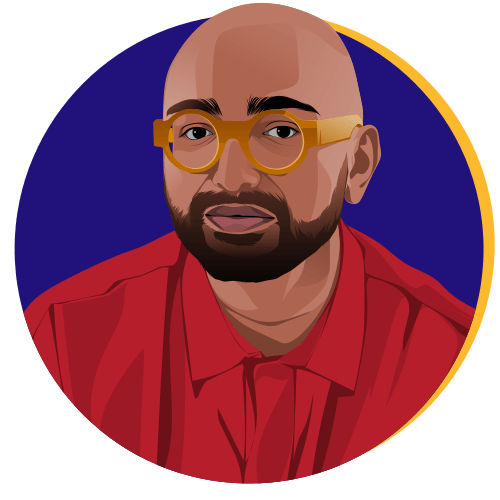
Karrish Devan, General Adult & Medical Psychotherapy Higher Psychiatry Trainee – Tavistock Training Scheme, London.
The journey to Higher Psychiatry training involves completing foundation year training and then applying for three years of core training. After this, you can apply for a single higher training sub-speciality (3 further years of training) or dual, where you complete two sub-specialities (5 further years of training). After this, you qualify as a Psychiatric Consultant. Most of the Psychiatrists you will meet are General Adult Psychiatrists.
I am currently one of the rare dual trainees as described above (see the Medical Psychotherapy page for more information about my other CCT). My General Adult higher training involves compulsory inpatient and community jobs, and then the other 6-month Adult placements offered by the trust (I.e., Psychiatric Liaison, NeuroPsychiatry, Eating Disorders, etc.).
Courses & Conferences to Attend
I attended a number of conferences, primarily those offered by the Royal College of Psychiatrists, including the International Congress and Day-conferences held by the Special Interest groups of the College. My advice is to attend as many as you possibly can, as I detail below.
What’s vital for juniors is to gain a broad experience of Psychiatry, and the best way to achieve this is to attend as many Royal College of Psychiatry conferences as you can. This way, you can build up your portfolio and develop an understanding of what type of General Adult Psychiatric Consultant you want to be.
The Royal College also has Special Interest Groups (i.e., Transcultural, Digital, etc). These can be joined for free by anyone and are a good way of meeting different types of consultants and attending events that will build up your portfolio.
How to Maximise Your Portfolio
If a FY1-2: Organise a Taster week/day within Psychiatry, it’s your right to do this and will massively help with your understanding of the field and what your interests might be. This is a great way to access Psychiatrists who will help you with Audits/QI/Research
If a Core Trainee: Don’t underestimate the rigorous SPR application process. Just because most psychiatrists are General Adults, doesn’t mean that you are guaranteed a job in an area you want to work in. Key to this is working on your CASC and Interview Scores. To improve these, build up a network to practice with locally and also consider private courses, which can be very helpful to build confidence.
Making the Most of Your Day Job
The two key areas to focus on are: Audit/QI and Research. On your day job, keep doing Audits/Qis to build up your skills and consider attending local training. Then remember to present a poster, which massively helps with your portfolio. Research is another key area to improve. Get in touch with your local Psychiatry department and find someone who is doing research. Make it clear to them what you need to achieve (a publication). Most academics or researchers in Psychiatry are very keen to have an extra pair of hands, and the opportunity is not only good for your portfolio but also your own learning as well.
Making the Most of General Adult Psychiatry ST4 Placements
If you are working in General Adult psychiatry, then all the advice above is relevant. However, the other thing I would suggest is speaking to your SPR or CS/ES about shadowing them on a usual day. What are tribunals like? What are management meetings like? Shadowing these are great opportunities for you to see whether you do want to do Higher Psychiatry training in General Adult.
What About Non-General Adult Psychiatry ST4 Placements?
One thing to consider is a staff grade post in General adult psychiatry, definitely on a Ward or CMHT, in order to make sure the speciality is correct for you. However, I would also suggest exploring other Psychiatric Specialties as well, to make sure you are not just ‘defaulting’ to doing General Adult because of a lack of experience with the other subspecialties -i.e, do a CAMHS or Forensic job. Remember that you will be a consultant for the rest of your life, so think about what you might want your job to look like for the next 10/15/20+ years.


